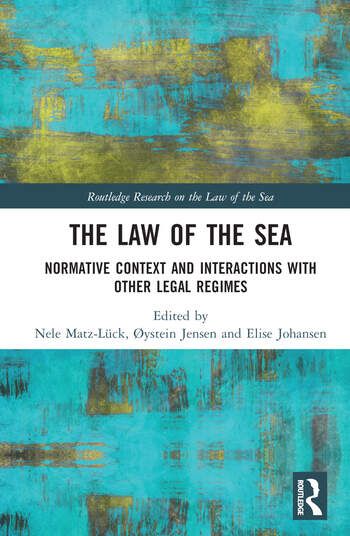
The UN Convention on the Law of the Sea follows a comprehensive approach and can be interpreted dynamically to include the regulation of all potential human uses of the ocean, but the law of the sea cannot be viewed in isolation from other fields of international law. International law does not resemble a hierarchically structured legal system, its different parts interact when different rules address the same activity or situation.
The academic discussion concerning the specialization and proliferation of international legal rules and dispute settlement bodies has theoretical as well as practical relevance for the law of the sea and its interaction with other parts of international law. The intensified use of the oceans for different purposes and the ongoing proliferation of international rules addressing different activities from different perspectives and with distinct foci requires a more thorough evaluation of how the law of the sea relates to other fields of international law, how the normative context can be approached theoretically and if interdisciplinary interfaces can be adequately addressed. This book discusses the normative context of the law of the sea and the interactions of the law of the sea with other legal regimes.
Connecting high quality research with new ideas and perspectives, this book offers expertise from different fields and perspectives in which the interaction between the law of the sea and other fields of international law becomes particularly relevant.